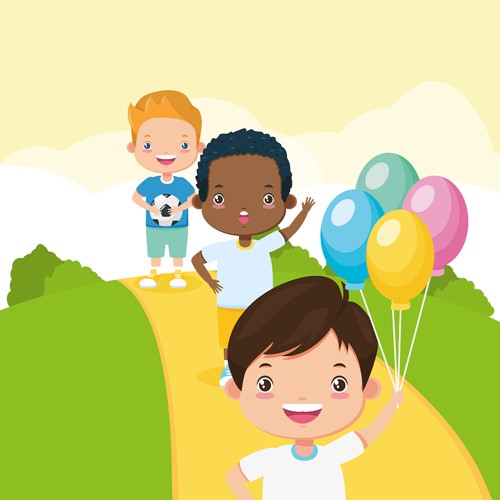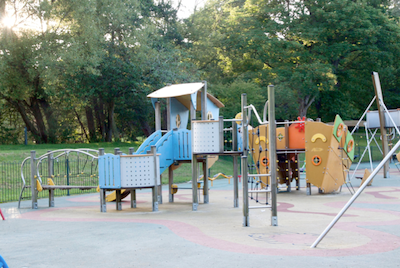6 Ways Joining A Playgroup Can Benefit Your Child
Playing is a crucial aspect of a child's development, especially for children under five years old. Their brains are developing, and their emotional, mental, and social skills also need stimulation in this stage. So, let them engage them in activities that stimulate their brain function. When you can, you can enrol your child in a playgroup to encourage them to play to develop well in all aspects of their being.

But what is playgroup? A playgroup is a gathering of same-aged children and their parents or caregivers to play and learn together. This doesn't only benefit the kids. While kids play with their peers through playgroups, parents and caregivers get a chance to socialize and learn parenting skills from each other. But to understand how your child benefits in a playgroup, continue reading as we have good news lined up for you.
1. Develops Social Skills
Research suggests that children start developing their social skills between the age of one to three. Despite this bracket, every child has a unique approach to stimulating and developing social skills. Your kid may be social or the type that prefers to play alone; both cases are okay.
Through playgroups, children can develop their social skills by interacting with other kids. They learn to share, negotiate, take turns, and resolve conflicts amongst themselves. Playgroups provide a safe environment to develop social skills as they do so while being supported by their parents or caregivers.
2. Builds Emotional Confidence
As they say, charity begins at home. The same goes for emotional confidence. Start establishing a child's emotional confidence by creating great relationships within the family by establishing relationships with parents, uncles, aunts, grandparents, or other caregivers. Good family relationships give your child a sense of belonging, stability, and attachment.
Joining playgroups allows your child to meet and create relationships with new people. This shared experience helps build and boost your child's confidence as they are encouraged to be emotionally independent at an early age.
3. Encourages Physical Activity
Playgroups involve a lot of playing. It means children engage in different games such as jumping, running, swinging, twirling, climbing, moulding play, and more. With enough indoor and outdoor spaces, children's toys, and other entertainment sources, playgroups help ensure your child remains physically active.
Playgroups provide many relevant games and activities for kids, which mainly help develop their motor skills. Remember, there is no need to worry if your kid is more interested in less vigorous activities like painting and puzzling. It's normal.

4. Stimulates Imagination And Creativity
Research suggests that about 80% of all brain development occurs during childhood, and exposure to creative experiences helps play a considerable role. In playgroups, children can play using resources that allow them to begin thinking creatively, have their thoughts, and explore them.
Playgroups also allow children to play games according to their imagination and creativity. They can create stories through dolls, play dress-up games, roleplay games, and more. It allows them to play by their own rules, helping them discover ideas from their minds. In the end, your child develops creativity and imagination, essential aspects for one's success.
5. Teaches Them to Adapt and Cope With Changes
At one point, your kids will have to attend school. Attending school for the first time can be scary and overwhelming for them. That is because school is where you first leave them on their own. To help them adapt to these new experiences, ensure to enroll them in a playgroup.
Joining playgroups encourages your child to become independent and start forming new relationships while you're supporting them. Once they overcome the fear of being separated from their parents or caregiver and embrace social life, coping with changes like school will be easy and manageable.
6. Learn Through Roleplay
Roleplaying is among the ways children engage with the real world. For instance, a child who can roleplay can try fixing cars like the dad, while a small girl tries to cook like mommy. Roleplay helps improve a child's creativity and imagination, which allows them to identify problems and think of solutions.
Playgroups are the best places to bring more roleplays into a child's expansive world. Here children can understand everything happening around them and make sense of situations. Roleplay in playgroups helps children be active thinkers and learners right from the start.
Bottom Line
Joining a playgroup is a perfect way for kids to make friends, enhance their social skills, and understand what they need in the real world. Additionally, playgroups help parents know their children's preferences, strengths, and weaknesses. Through this, a parent will understand what the child needs for a better future. If you're yet to enrol your child in a playgroup, the above information will help you understand why you should do so as soon as possible.